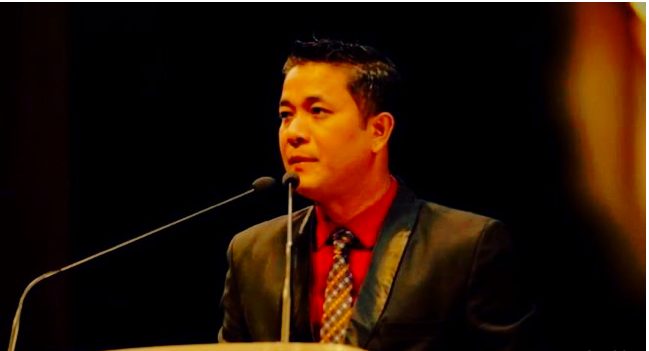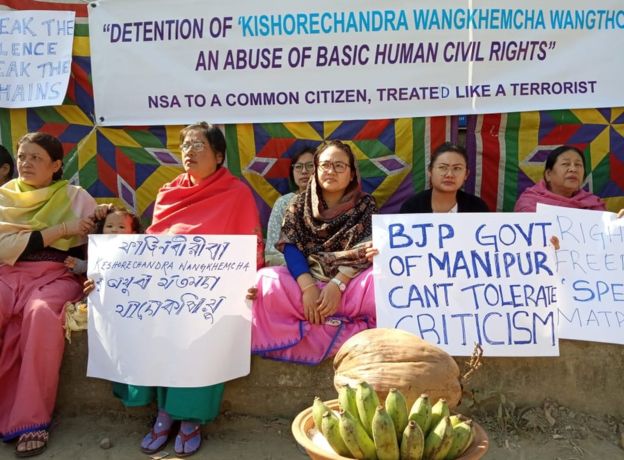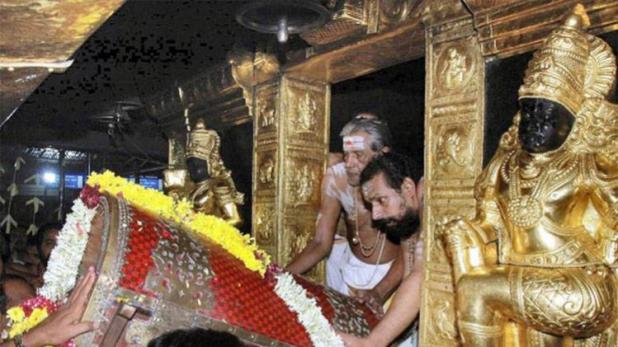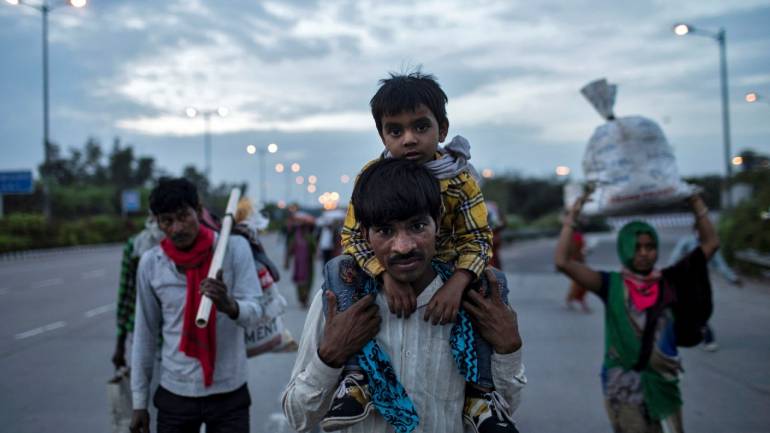Mr Wangkhem’s crime was he had posted four videos and comments on his Facebook page on 19 November, criticising the local government led by the Hindu nationalist Bharatiya Janata Party (BJP) – he described the Manipur chief minister as a “puppet” of Prime Minister Narendra Modi’s federal government.
He had also noted that the government had ignored Manipur’s own fight against colonial rulers in a recent celebration. “Don’t betray, don’t insult the freedom fighters of Manipur,” he said in one of his posts.
Police inspector K Bobby wrote in his report that while surfing Facebook, he found that the videos “bring or attempt to bring into hatred or contempt, or excites or attempts to excite disaffection towards the government”. He also wrote that Mr Wangkhem used “unconstitutional and invective words and with middle finger gesture…”.
It was not the first time Mr Wangkhem had been picked up for his Facebook posts.

Wangkhem’s crime was he had posted four videos and comments on his Facebook page
He was arrested in August and put in prison for four days for two posts in which he mocked the BJP as a ‘Budhu Joker Party’ (a party of fools). The police said they had found these posts inflammatory.
Mr Wangkhem was again picked up on 20 November, a day after posting four “offending videos” and some comments criticising the government.
After spending six days in police custody, he had been produced before a magistrate with the police seeking further remand. But the judge dismissed the plea and set Mr Wangkhem free because he found the so-called “seditious” posts to be a “mere expression of opinion against the public conduct of a public figure in a street language”.
Frustrated by the courts, the police issued a fresh detention order the very next day, and arrested Mr Wangkhem. This time, they had used a 38-year-old draconian national security law, which has been frequently used by successive governments to stifle free speech and dissent.
The National Security Act allows for detaining a person considered to be a threat to public order or the security of the state for up to one year without framing formal charges in court or conducting a trial.
It is unclear how Mr Wangkhem’s posts violated public order and state security since they led to no public disturbance or trouble.
To be true, Manipur has been a cauldron of insurgency stoked by ethnic rivalries, and demands for independence and affirmative action for local tribespeople, for more than four decades. But, while acquitting Mr Wangkhem earlier, the judge had clearly said his statements “do not seem to be an attempt to disturb peace”.
The harsh law has long been used by successive governments to target civil rights activists – in one case for publishing booklets promoting sexual health that apparently scandalised a local community – for protesting against human rights abuses by the army and the government.
In the BJP-ruled northern state of Uttar Pradesh, this law has been used to arrest 160 Muslim men in the past year. Critics of the law say it is discriminatory and leads to human rights violations.
Mr Wangkhem seems to be the latest journalist to face harassment in India, which ranks 138th in the World Press Freedom Index run by Reporters without Borders.
Wife of Wangkhem Ms Elangbam says she has met her husband in prison twice since he was jailed. “He’s being very brave and confident. He’s trying to console me, and telling me everything will be all right.
“But we are worried. Very, very worried. And my elder daughter keeps asking, Where’s my papa disappeared?”
Inputs Feed based on Biswas IC-BCC









